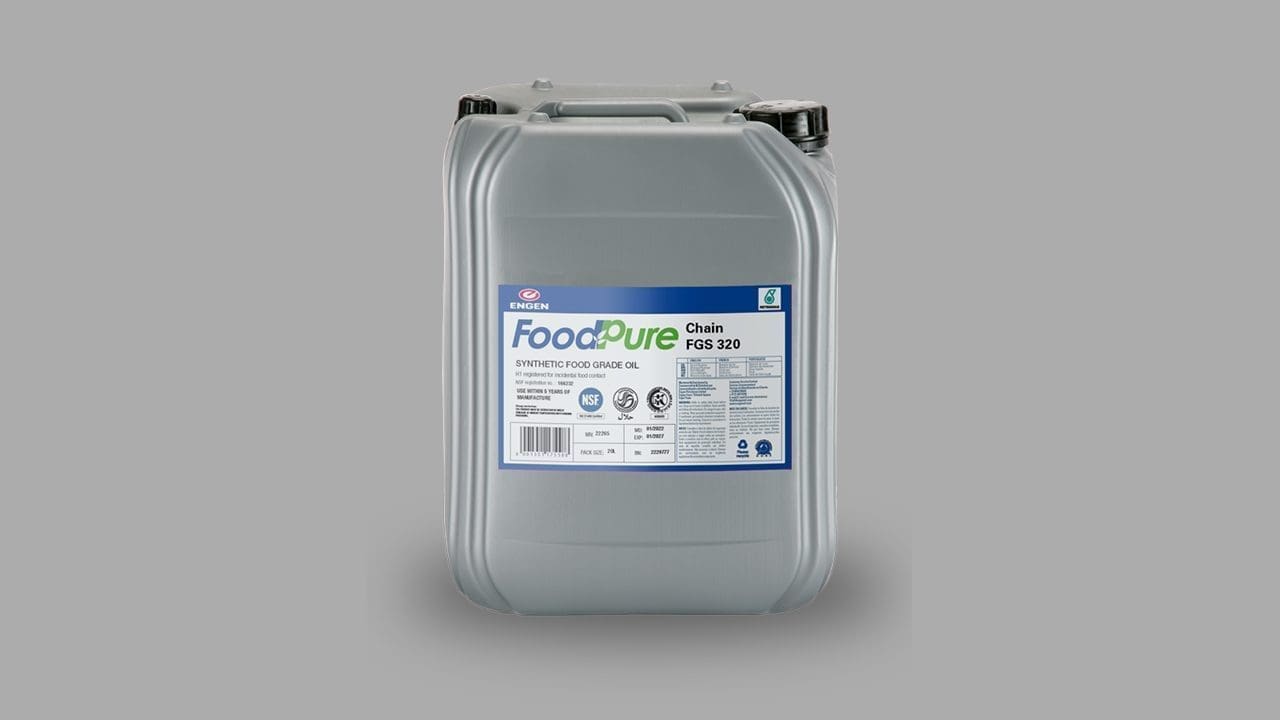GLOBAL – The International Organization for Standardization (ISO) has published the updated version of ISO 22003 on Food Safety Management Systems (part 1 and part 2), in commemoration of World Food Safety Day.
“ISO launches a new era today for the accreditation of certification bodies active in the field of food safety with the publication of two standards ISO 22003-1:2022 and ISO 22003-2:2022,” announced ISO.
ISO 22003-1 supplements ISO 17021-1:2015, the standard for the accreditation of bodies providing audit and certification of all types of management systems.
On the other hand, ISO 22003-2 supplements ISO 17065:2012, the standard for the accreditation of bodies certifying all types of products, processes and services.
The new requirements, Parts 1 and 2, have the potential to harmonize the requirements for hundreds of thousands of impartial and independent audits of food safety management systems (FSMS – Part 1) or food safety systems (FSS – Part 2), implemented by food businesses and service providers all along the feed and food supply chain.
FSMS certification is a certification, based on ISO’s harmonized requirements for management systems, that incorporates food safety requirements based on the international accepted principles of food safety.
Meanwhile, FSS certification is a product certification that incorporates requirements based on the internationally accepted principles of food safety and management system components.
“These two standards are the result of a very successful collaboration between the ISO subcommittee responsible for the ISO 22000 family of standards (ISO/TC 34/SC 17) and the ISO committee responsible for conformity assessment standards (ISO/CASCO),” said Torben Lyster-Clausen, Chair of Subcommittee (SC) 17.
He informed that more than 100 experts with expertise in food safety, certification of food safety management systems and of product certification involving food safety, scheme ownership and accreditation from more than 30 countries participated.
From the late 1990s ISO/IEC 17065 was the primary accreditation standard used by food safety schemes based on product certification.
However, it lacks essential requirements for the audit process, food chain categories, audit duration and the competence requirements for certification body personnel (auditors and others).
These were set by each scheme owner and resulted in market confusion for clients and customers and complexity for certification bodies as FSS schemes differentiated.
Harmonized approach for FSMS and FSS certification
In 2007, the publication of ISO/TS 22003 set clear requirements in these areas for bodies providing audit and certification to ISO 22000 and other FSMS certification schemes.
Now, the publication of the new ISO 22003 Parts 1 and 2, creates a harmonized approach for FSMS and FSS certification using common terms and definitions, fully integrating the audit approach for FSS schemes.
It also establishes common, revised normative annexes for food chain categories (Annex A), minimum audit duration calculations (Annex B) and competence requirements (Annex C) for food safety auditors and other personnel involved in FSMS and FSS certifications.
Both parts clearly recognize that the key normative elements (Annexes A, B and C) are minimum requirements that FSMS and FSS certification schemes may supplement or modify but not reduce.
“We now have two consistent documents which support industry to achieve food safety certification. They also provide regulators and consumers with the confidence that certification bodies undertaking food safety certification meet minimum benchmarked requirements that provide confidence in the food safety outcomes achieved,” said Kylie Sheehan, co-convener of JWG 36 and General Manager Operations at the joint Australia-New Zealand accreditation body (JAS-ANZ).
Liked this article? Subscribe to Food Safety Africa News, our regular email newsletters with the latest news insights from Africa and the World’s food safety, quality and compliance. SUBSCRIBE HERE








